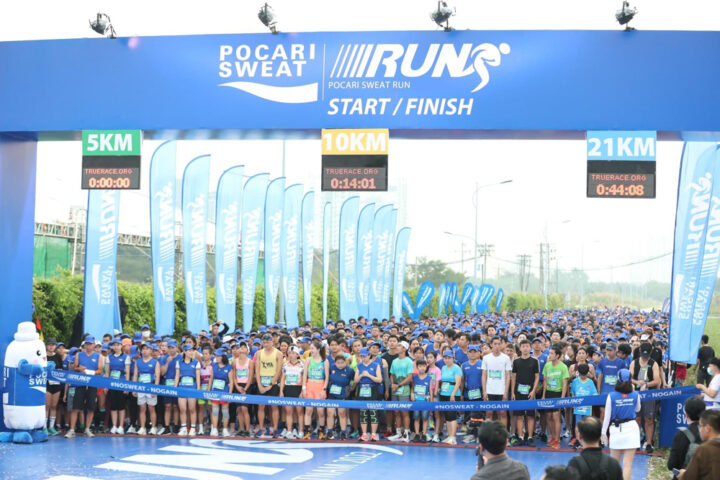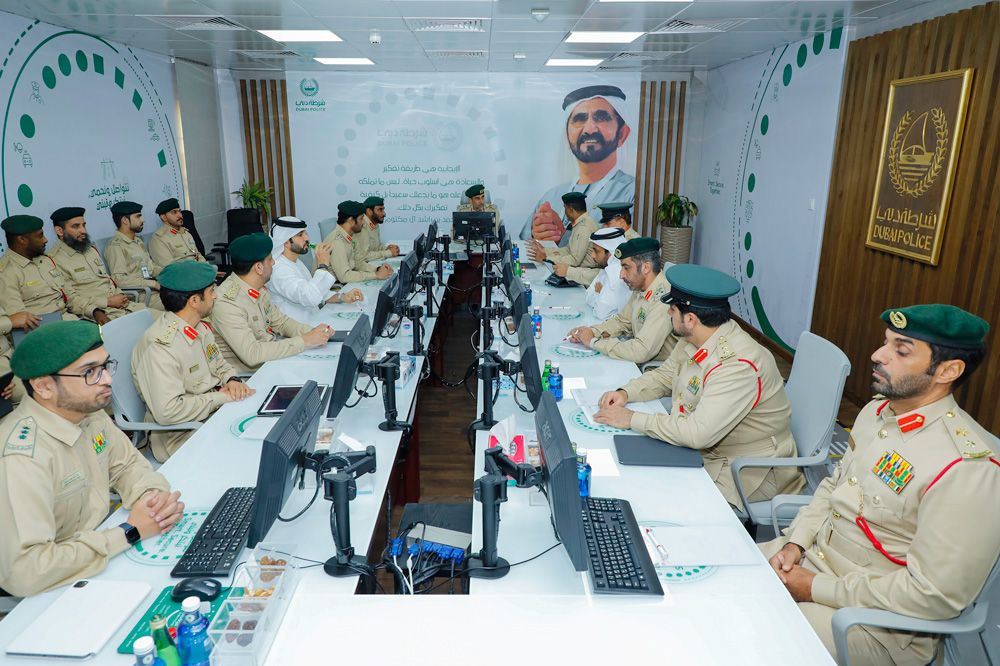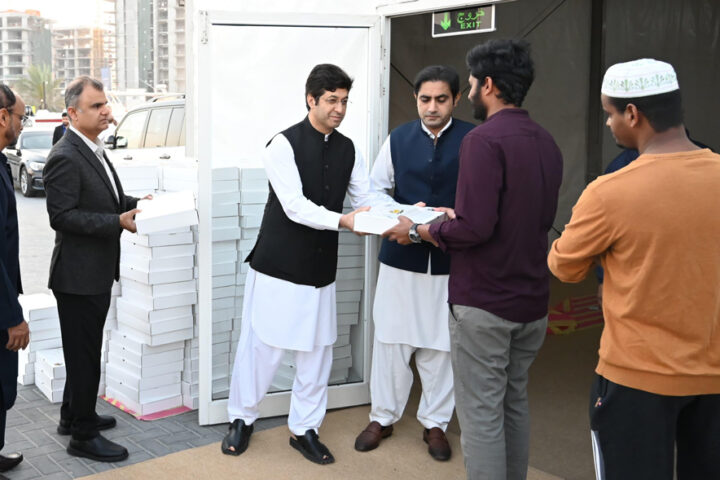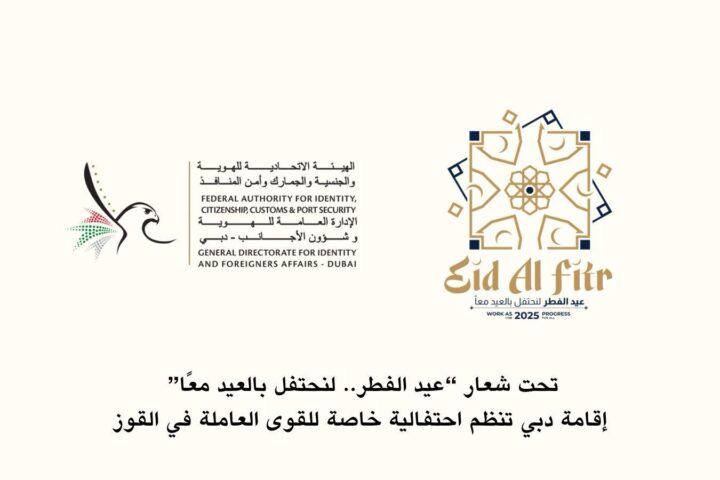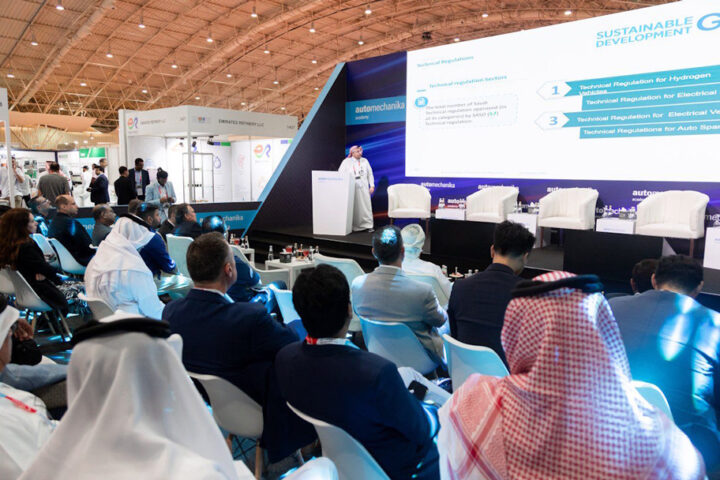Dubai, UAE – Aster Hospital Mankhool, ranked No. 5 on Newsweek’s World’s Best Hospitals in the UAE list, recently restored the vision of a 13-year-old Indian 8th grade student, who suffered a severe eye injury caused by a cricket ball. The injury resulted in a Giant Retinal Tear which can be present with minimal symptoms but if missed and left untreated it can lead to retinal detachment which is a potentially blinding condition and can cause permanent vision loss. Thanks to the prompt and expert care provided by the medical team at Aster Hospital Mankhool, the tear was diagnosed early and successfully treated, preventing further damage and preserving the child’s vision.
The incident occurred when the child was playing with friends in a parking lot near his apartment. A cricket ball struck his left eye, causing pain, redness, and blurry vision. Although initial treatment with an ice pack was administered, the child’s symptoms worsened, prompting his parents to seek medical attention at Aster Clinic Bur Dubai (AJMC). Upon referral to Aster Hospital Mankhool, a thorough examination by Dr. Gazala Hasan Mansuri, Specialist Ophthalmology, Aster Hospital Mankhool, confirmed a Giant Retinal Tear and multiple retinal breaks in the left eye.
Dr. Gazala’s comprehensive eye examination, which included detailed imaging of the retina (Fundus Photography) and an advanced scan (Optical Coherence Tomography or OCT), confirmed the presence of a significant tear, which extended over 3 clock hours (90 degrees) of the retina, putting the boy at immediate risk of retinal detachment. Recognizing the urgency, Dr. Gazala recommended immediate intervention with a non-invasive preventive laser treatment (prophylactic laser barrage) to seal the tear and prevent the onset of retinal detachment.
The laser procedure, which took only 15-20 minutes, was performed using numbing eye drops (topical anaesthesia) to ensure the child’s comfort. Using a 532 nm Green Laser, Dr. Gazala applied 3-4 rows of laser spots around the tear and retinal breaks, successfully sealing the areas at risk. The procedure’s quick nature allowed for the child to be discharged the same day, with follow-up assessments confirming that the laser treatment had effectively healed and sealed the retinal tears.
The child, now back in his home country, continued his recovery with additional follow-up care. His vision has fully returned to normal, with all laser-treated areas completely healed.
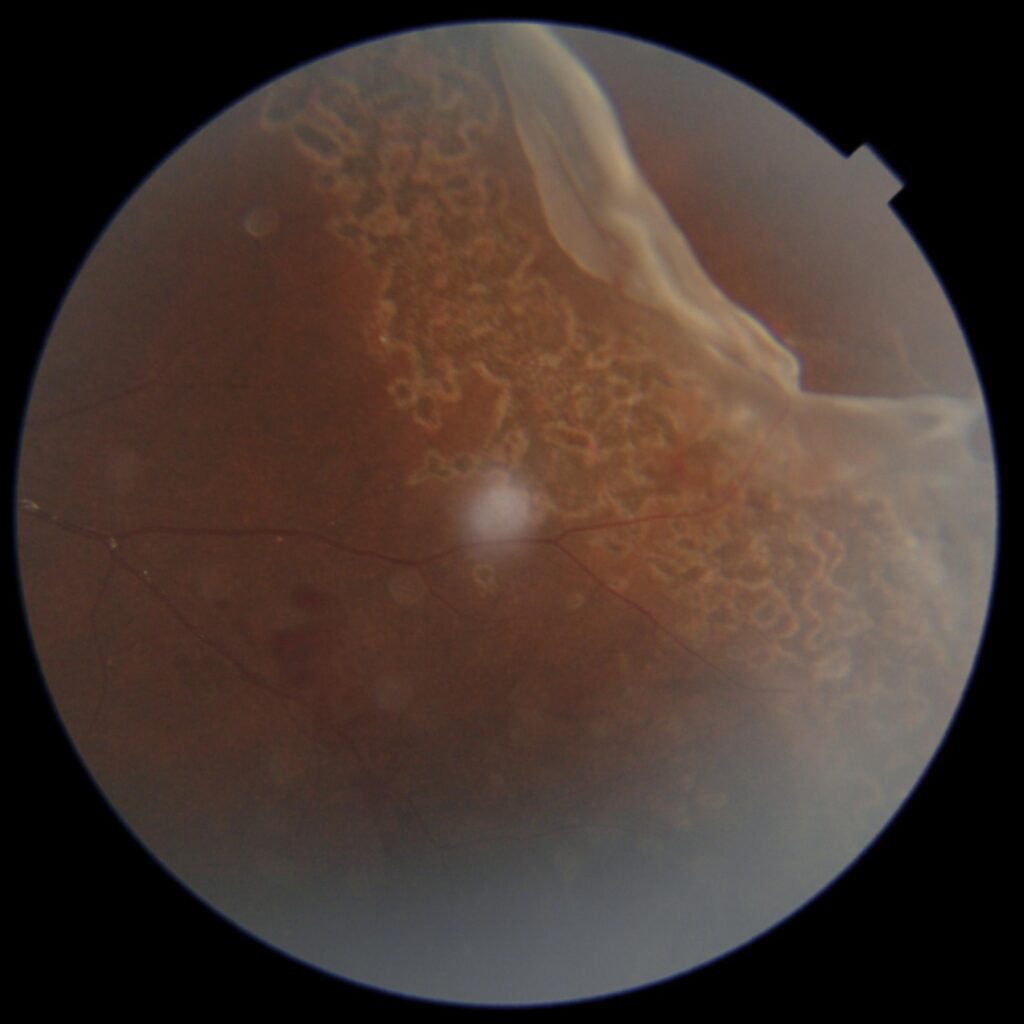
Dr. Gazala Hasan Mansuri, Specialist Ophthalmology at Aster Hospital Mankhool, added,”Early diagnosis and prompt intervention are key when dealing with conditions like Giant Retinal Tears.In this case, timely laser treatment was crucial in preventing retinal detachment and saving the child’s vision. It’s heartening to see the patient recovering so well and resuming normal activities. I encourage all parents to seek immediate professional care if their child sustains any eye injury, as prompt treatment can prevent long-term complications.”
Giant Retinal Tears (GRTs) are large, serious tears in the retina that cover more than a quarter / 90 degrees of its surface. If left untreated, they can lead to retinal detachment, a major cause of vision loss. Giant Retinal Tears (GRTs) make up about 1.5% of retinal detachments caused by tears in the retina, and treating them with surgery can be difficult, especially in children.3 This is because there is a higher risk of complications like scarring in the eye (Proliferative Vitreoretinopathy or PVR), and the lack of natural eye changes (Posterior Vitreous Detachment or PVD) can make treatment even more complex. Although GRTs are rare, occurring in only 0.09 per 100,000 people3, they are more likely to occur after a strong blow to the eye, like in this case.
Pediatric cases account for about 18.9% of all ocular trauma cases1, and retinal detachments in the pediatric population account for 3.2% to 6.6% of all retinal detachments, with an incidence ranging from 0.38 to 0.69 per 100,000 children.2 Early identification and laser treatment can prevent retinal detachment, preserving vision and avoiding the need for invasive surgeries.
This case highlights the importance of early identification and intervention in preventing vision loss due to eye injuries in children. The successful use of non-invasive laser treatment at Aster Hospital Mankhool, demonstrates the hospital’s commitment to providing world-class ophthalmic care. Parents are encouraged to seek immediate medical attention following any eye injury to ensure timely treatment and prevent long-term consequences.




